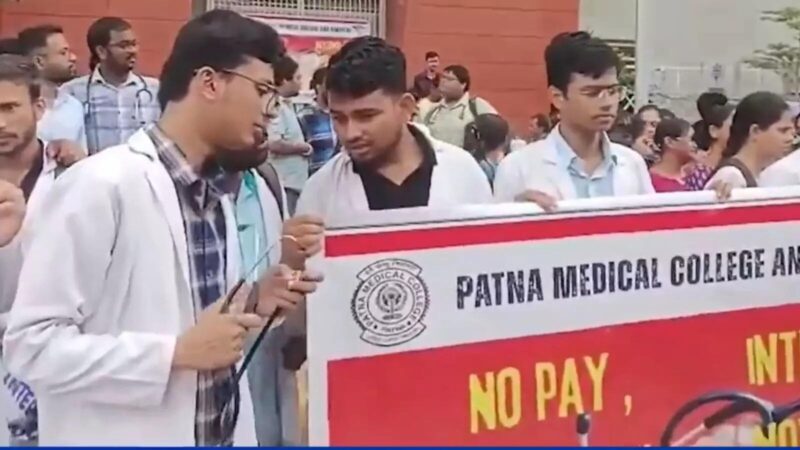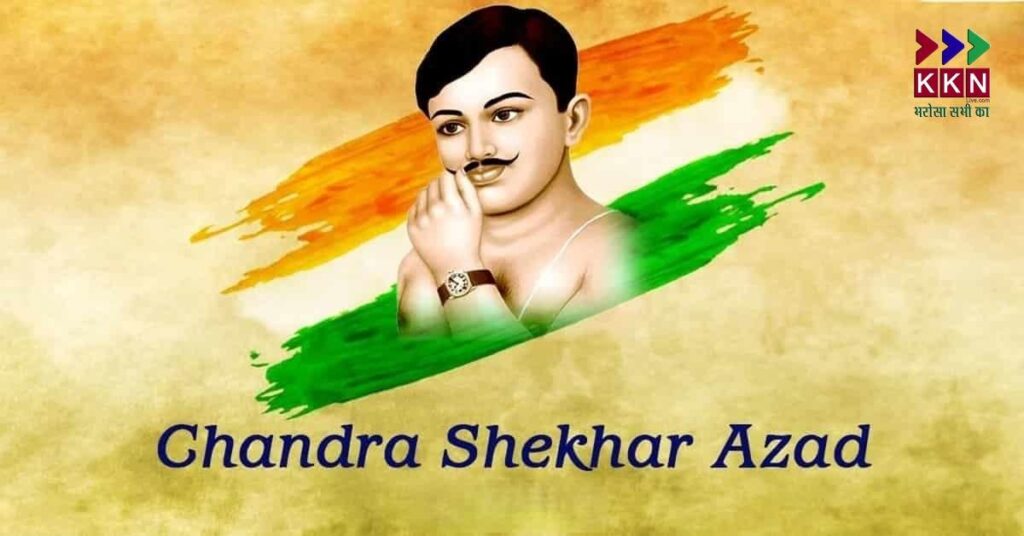
Healthcare services in Bihar continue to face a severe crisis as junior doctors at Patna Medical College and Hospital (PMCH) remain on an indefinite strike. The strike, called by the Junior Doctors Association (JDA), has entered its second day with no resolution in sight. Patients arriving from different districts are left without treatment as outpatient departments remain closed. The impact is now spreading to operation theatres, creating additional problems for both patients and their families.
Why Junior Doctors Are on Strike
According to JDA President Dr. Satyam, the doctors launched the strike over six major demands. The most significant among these are the reduction of the bond period and lowering the penalty amount to ten lakh rupees. The association has stressed that these demands are long pending and directly affect the future of junior doctors. They argue that the government has repeatedly ignored their concerns, leaving them with no option but to stop work.
Healthcare Services at a Standstill
The effect of the strike on Bihar’s healthcare system is clearly visible. OPD services have been completely shut down, forcing patients to wander from one hospital to another. Families who traveled long distances for treatment are facing the most serious hardships. Even routine surgeries have been postponed because operation theatres are not functioning. The absence of junior doctors has left senior doctors and other staff struggling to handle the rising pressure, but the situation remains out of control.
Failed Negotiations With Health Officials
On Tuesday, a five-member delegation of the Junior Doctors Association met with the Health Secretary to discuss their demands. The meeting lasted several hours but ended without any breakthrough. Officials failed to provide concrete assurances, and the JDA declared that the strike would continue until all demands are addressed. The doctors clarified that for now, only emergency services will remain operational, but non-emergency care will stay suspended.
Warning of Escalation
JDA President Dr. Satyam Kumar has issued a stern warning. He said that if the government maintains its indifferent attitude, junior doctors may be forced to withdraw emergency services as well. This warning has created panic among patients and families who depend on government hospitals for urgent treatment. The possibility of shutting down emergency care has raised fears of a complete collapse of hospital services in the state.
Growing Burden on Patients
The strike has created a humanitarian crisis for patients across Bihar. People from remote districts who arrived at PMCH for specialized care found themselves with no help. Many patients waited for hours only to be turned away. For families with critically ill members, the strike has become a nightmare. With OPD and OT services suspended, private hospitals are witnessing a surge in patients, but high treatment costs remain out of reach for many poor families.
The Larger Healthcare Crisis
The strike highlights the ongoing problems in Bihar’s healthcare system. Public hospitals already face shortages of doctors, medical staff, and equipment. With junior doctors boycotting work, the burden on the system has multiplied. Experts fear that if the deadlock continues, the consequences could be dangerous, leading to a spike in preventable deaths. The lack of dialogue between the government and doctors has only deepened the crisis.
Political and Public Reactions
The strike has drawn attention from political leaders and civil society groups. Many have criticized the government for failing to address the legitimate concerns of doctors. Patient rights groups have urged both sides to resolve the matter quickly, pointing out that ordinary people are suffering the most. At the same time, some political voices accuse the doctors of being insensitive to patients, arguing that essential services should not be disrupted during negotiations.
Demands of the Junior Doctors
The junior doctors have put forward six demands, with two being the core issues. They want the bond period reduced, as the current system forces doctors to serve long years under restrictions that affect their career growth. They also demand that the penalty amount be fixed at ten lakh rupees, instead of the higher sums currently in place. The JDA believes that addressing these points will not only benefit doctors but also improve the healthcare delivery system by making it more practical and fair.
Government’s Response So Far
Despite the crisis, the government has yet to present a clear roadmap for resolution. Health department officials have called for patience and requested doctors to return to work while discussions continue. However, junior doctors have refused to budge without written assurances. The absence of a firm government response has created uncertainty, fueling speculation that the strike may intensify in the coming days.
Fear of Emergency Services Shutdown
The most alarming aspect of the ongoing protest is the threat to emergency services. Emergency care is considered the backbone of any hospital. If junior doctors boycott it, the state’s healthcare system will come to a grinding halt. Ambulances bringing critical patients to PMCH may be turned away, leading to severe consequences. This possibility has increased pressure on the government to find an immediate solution.
The Struggle of Families
Stories emerging from the hospital paint a painful picture. Families with sick children, elderly patients, and accident victims are roaming from ward to ward in search of treatment. Some have had to return home without care, while others are forced to spend money at private facilities. For daily wage workers and poor farmers, the cost of private treatment is unbearable. Their anger is growing, and they blame both the government and the striking doctors for their suffering.
A Call for Dialogue
Healthcare experts and community leaders are urging both sides to restart dialogue. They stress that while the demands of junior doctors may be justified, disrupting healthcare services should not come at the cost of human lives. Many are suggesting that an independent committee be formed to mediate between the government and doctors, ensuring that solutions are reached quickly and transparently.
The Future of the Strike
As the strike crosses the 24-hour mark and stretches further, uncertainty looms over Bihar’s healthcare sector. The possibility of an extended shutdown threatens to cripple not just PMCH but also other hospitals where junior doctors are likely to join in solidarity. If a compromise is not reached soon, the state could face one of its worst healthcare crises in recent years.
The indefinite strike by junior doctors at PMCH has exposed deep flaws in Bihar’s healthcare system. While the demands for reducing bond periods and lowering penalty amounts appear reasonable, the failure of negotiations has pushed the situation to a breaking point. Patients are suffering the most as OPD and OT services remain closed, and the threat to emergency care has made the crisis even more urgent. Unless the government and the Junior Doctors Association find common ground, Bihar may soon face a complete collapse of essential health services.


